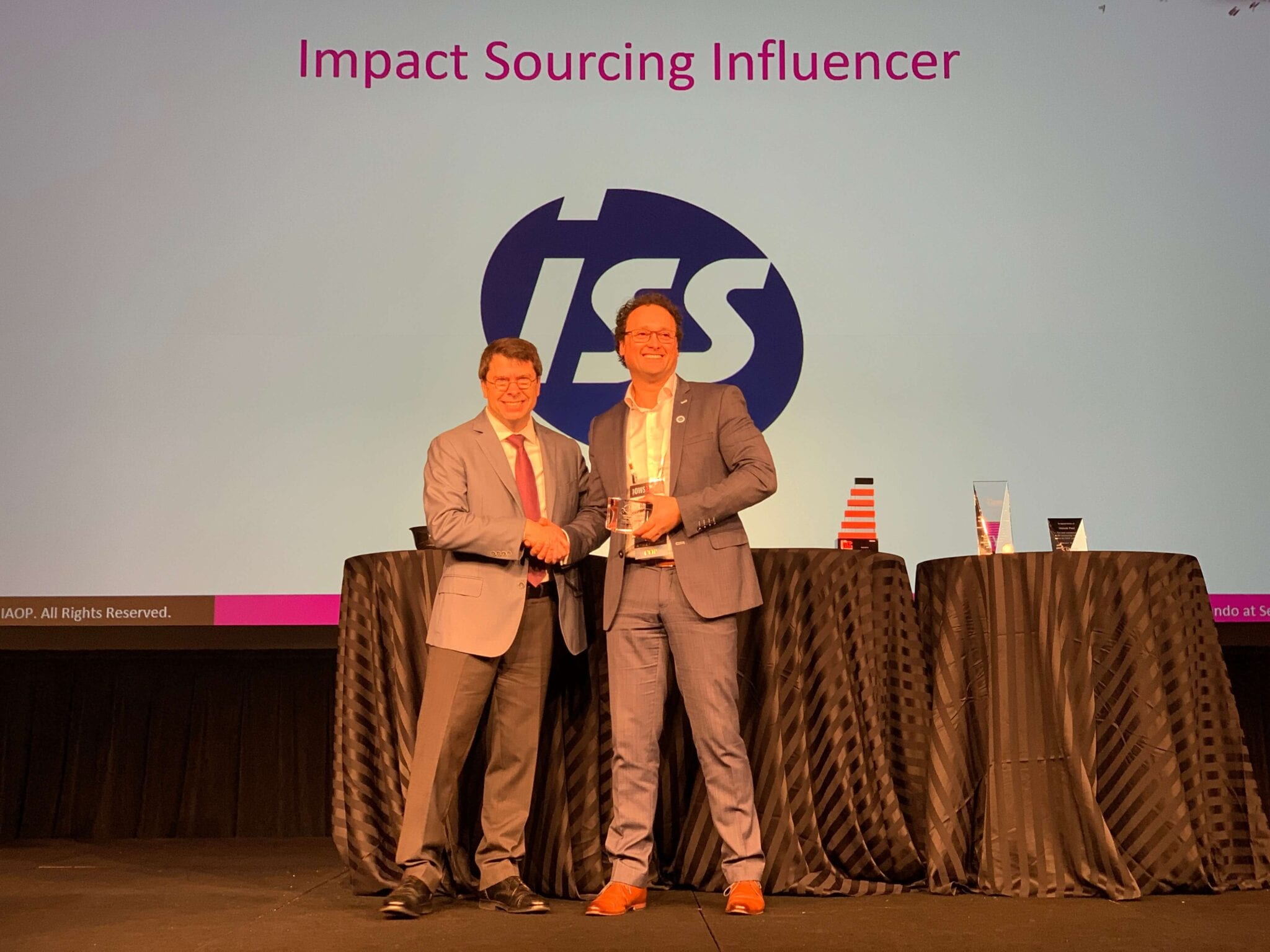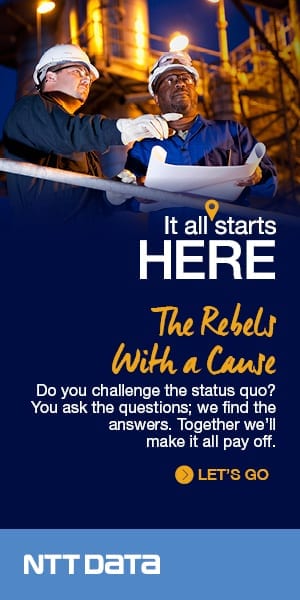 As a provider of nearly half a million people globally in facility services, ISS takes its responsibility as an employer seriously.
As a provider of nearly half a million people globally in facility services, ISS takes its responsibility as an employer seriously.
That is why when it set out to develop a structured inclusion program about six years ago, the Denmark-based company wanted to do the right thing and make a difference.
By establishing an Inclusion Department and training its own managers as job coaches, ISS has made a big impact for individuals in underserved populations by creating learning environments where they can thrive.
Taking it even further than that, ISS has involved its clients, local governments, social organizations and other partners in its efforts, adding even greater value and benefits to society as a whole.
For its outstanding results as an “influencer” in hiring and training workers in underserved populations, ISS was recognized by IAOP and the Rockefeller Foundation with a Global Impact Sourcing Award (GISA). Robert Oosting, Manager People and Culture, accepted the award for ISS at OWS2.0 in Orlando.
“ISS aims to be the best service organization in the world, and that is only possible if ISS is also an inclusive employer,” says Oosting. “As a major employer in the Netherlands and within the framework of our Corporate Social Responsibility (CSR) policy, we see it as our responsibility to ensure that our workforce also reflects the diversity of our society. Investing in work opportunities for targeted groups of employees helps us to become an employer of choice and further improve client satisfaction.”
Inclusion Department
ISS established an Inclusion Department within the People & Culture Division several years ago that is central to its efforts. This department is staffed by a dedicated team of professionals, including inclusion managers, internal job coaches, and trainers on the job who devote all their efforts to managing the supply and demand aspects of people who otherwise have limited prospects for sustainable employment.
The groups ISS targets are: young candidates up to the age of 27; refugees (with a residence permit); persons who have been on welfare for a lengthy period of time; and persons with a physical or mental disability. Workers are involved in diverse jobs ranging from cleaning, food service, catering, landscaping to providing business and banking services with such clients as airports, governments, restaurants and consulting firms like PwC and Accenture.
In setting up the program, it was important for ISS to create a culture shift within its organization that embraces inclusive leadership and instill in the company’s DNA that employees are free to make their contribution to society as a whole, Oosting said.
Business Results
Being an inclusive employer also benefits the company’s clients and plays a role in ISS’ ability to comply with contractual requirements and goals (SROI: social return on investment) on the part of many of our clients. ISS helps large clients meet the regulations of the Participation Act, introduced in the Netherlands in 2015 that puts into practice the idea that every individual has to make a contribution in a participatory society.
“As we heard from many speakers at OWS2.0, the model for impact sourcing has to be sustainable,” he says. “We are not a charity.”
The results have been impactful. In 2019 alone:
- More than 400 persons were hired from relevant target groups
- 70 clients (major employers in the Netherlands) were involved in the process
- ISS certified more than 90 job coaches
- More than 25 inclusion projects were rolled out
Through its inclusion projects, ISS also has helped saved the government an estimated 5 million euros in welfare benefits by on-the-job training and learning opportunities as well as integrating individuals with a refugee status into the job market, according to WIZZR, a web-based system that monitors social return.
Lessons Learned
Oosting offered the following advice: “Make sure that projects are sustainable from a financial as well as social perspective. Impact creation does not need to come at the cost of company profits. Try to identify regulations and opportunities for collaboration that maximize your social impact and are also sustainable from a financial perspective.”
He also recommended building relationships of mutual trust and confidence with local and national government entities and keeping clients involved and committed to the process.
Providing work and possibilities for individuals to learn and train to make themselves stronger so they can realize their own position in society is the ultimate reward for ISS. “Generating an impact on others gives wings to a team as well as a business,” Oosting says.
Visit the ISS website.





